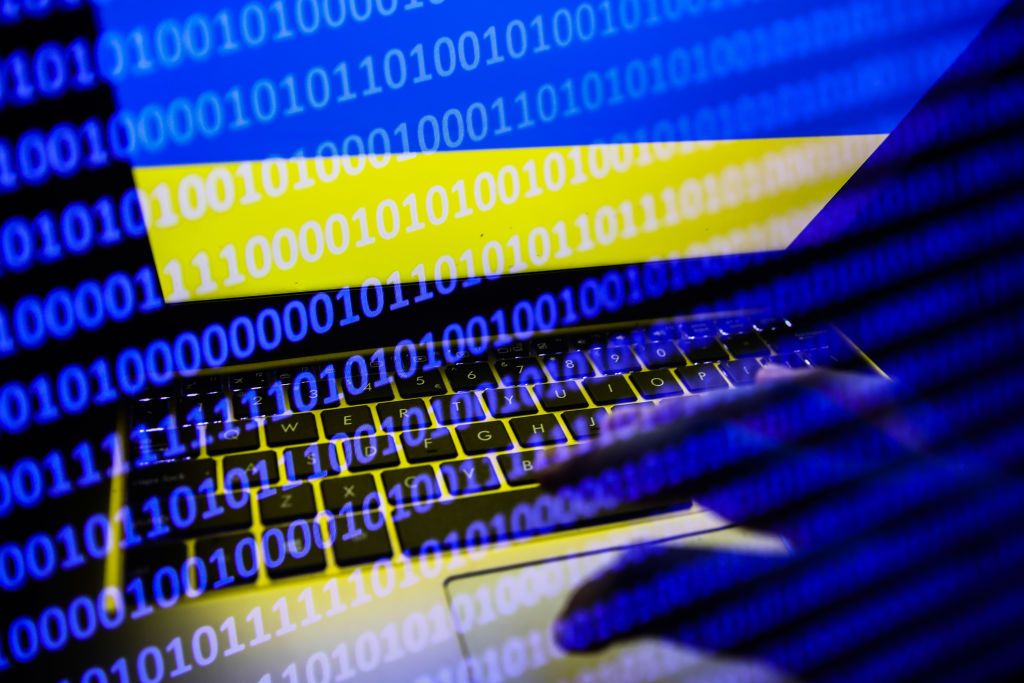
Ukrainian hackers show war footage on Russian TV, source says
According to the source, HUR's footage was displayed three times on prime-time TV channels: Pervouralsk TV, Eurasia 360, Eurasiaa Pervyi Kanal, and others.

According to the source, HUR's footage was displayed three times on prime-time TV channels: Pervouralsk TV, Eurasia 360, Eurasiaa Pervyi Kanal, and others.
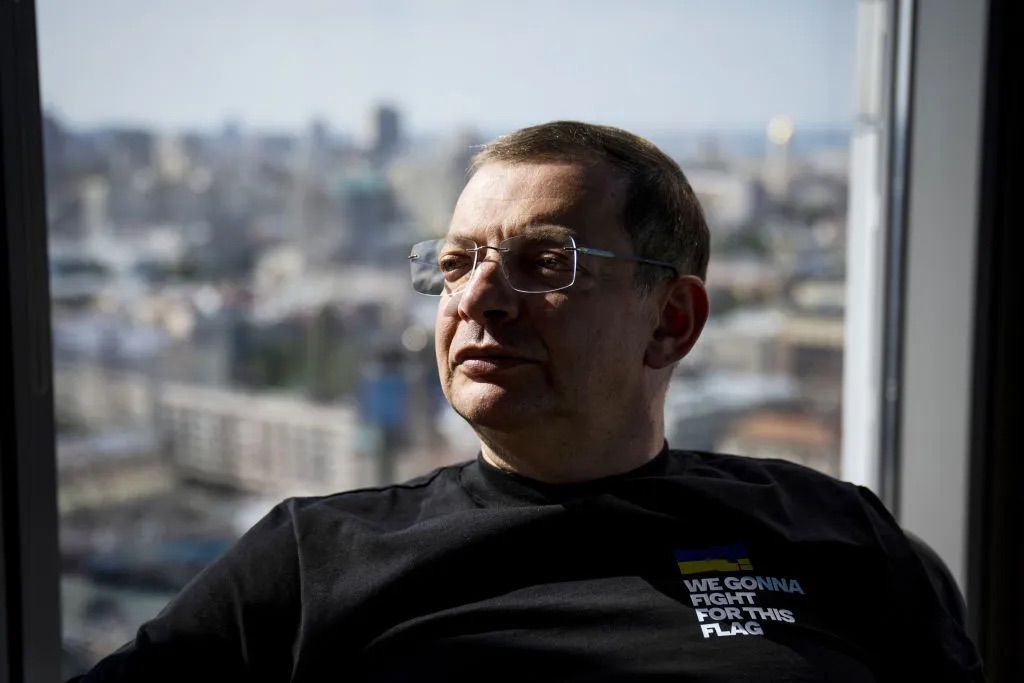
"Yesterday, it subsided at 10:30 p.m., and today, it started again at 3:15 a.m. We are approaching 3 billion service requests in two days," said Oleh Horokhovskyi, the bank's co-owner, on Aug. 17.
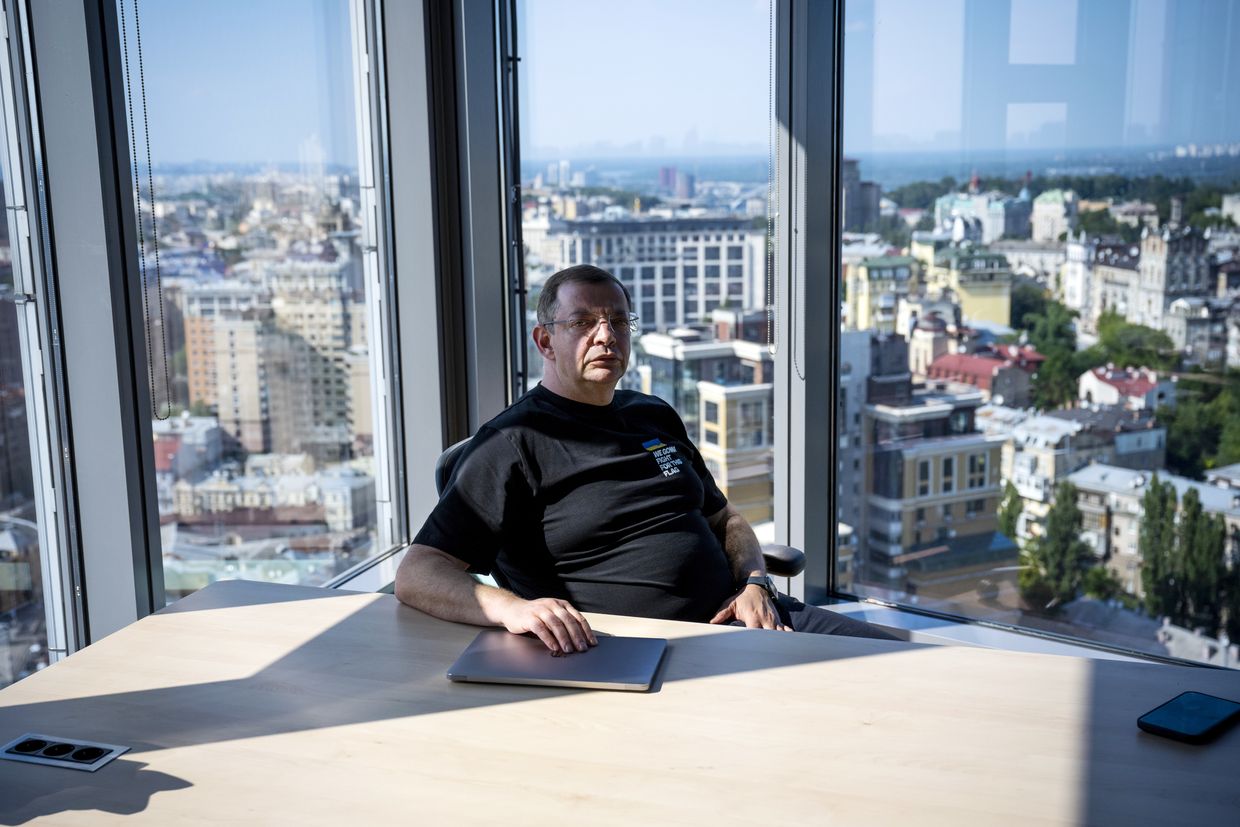
A massive denial of service (DDoS) attack targeted Monobank, launching one billion service requests at the company's website in three hours.
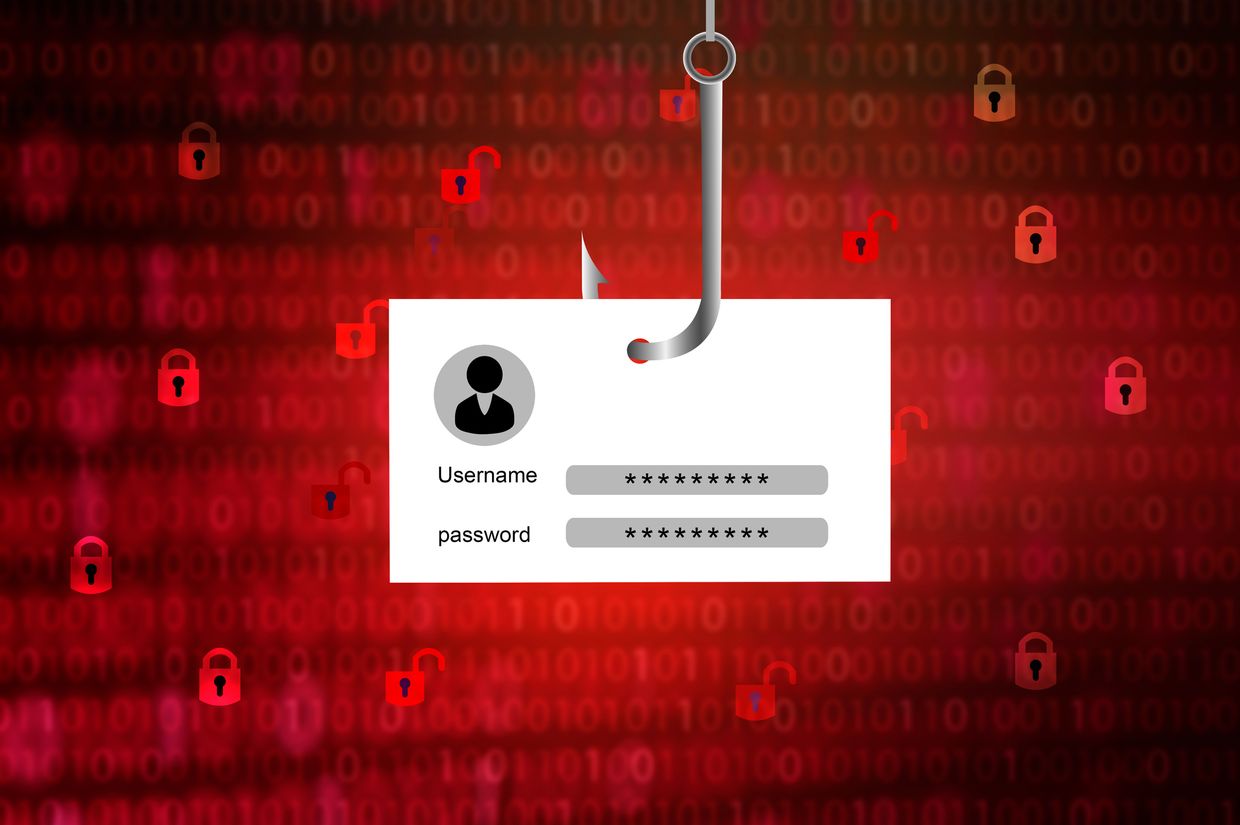
The campaign targeted Russian opposition figures, NGOs, and Western diplomats, including former U.S. Ambassador to Ukraine, Steven Pifer.

The wide-reaching DDoS attack began on July 23 and disrupted the services of Russia's top banks, social networks and messengers, government websites, and more. Russian media widely reported on the problems experienced by users across the country.
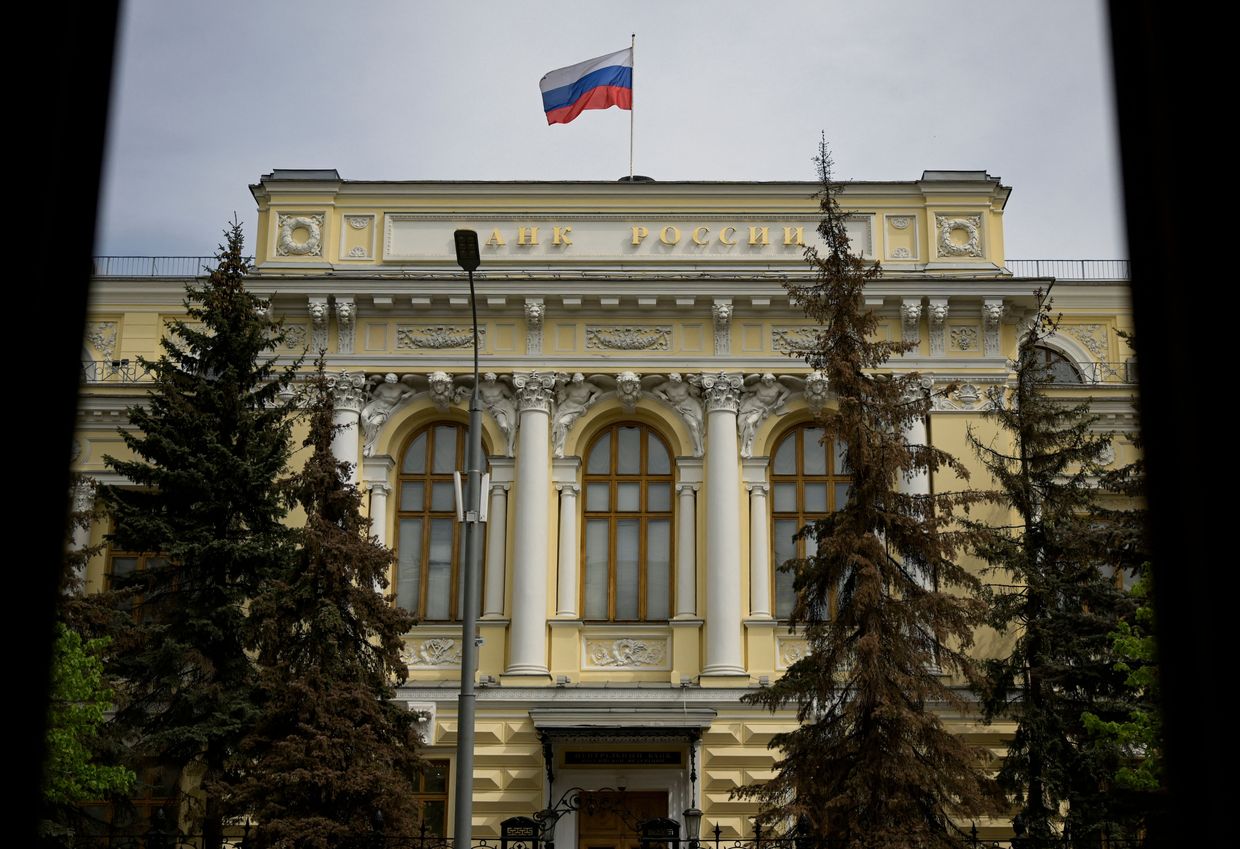
Ukraine's military intelligence agency (HUR) on July 29 carried out a cyberattack against the Russian central bank, a source in the agency told the Kyiv Independent.
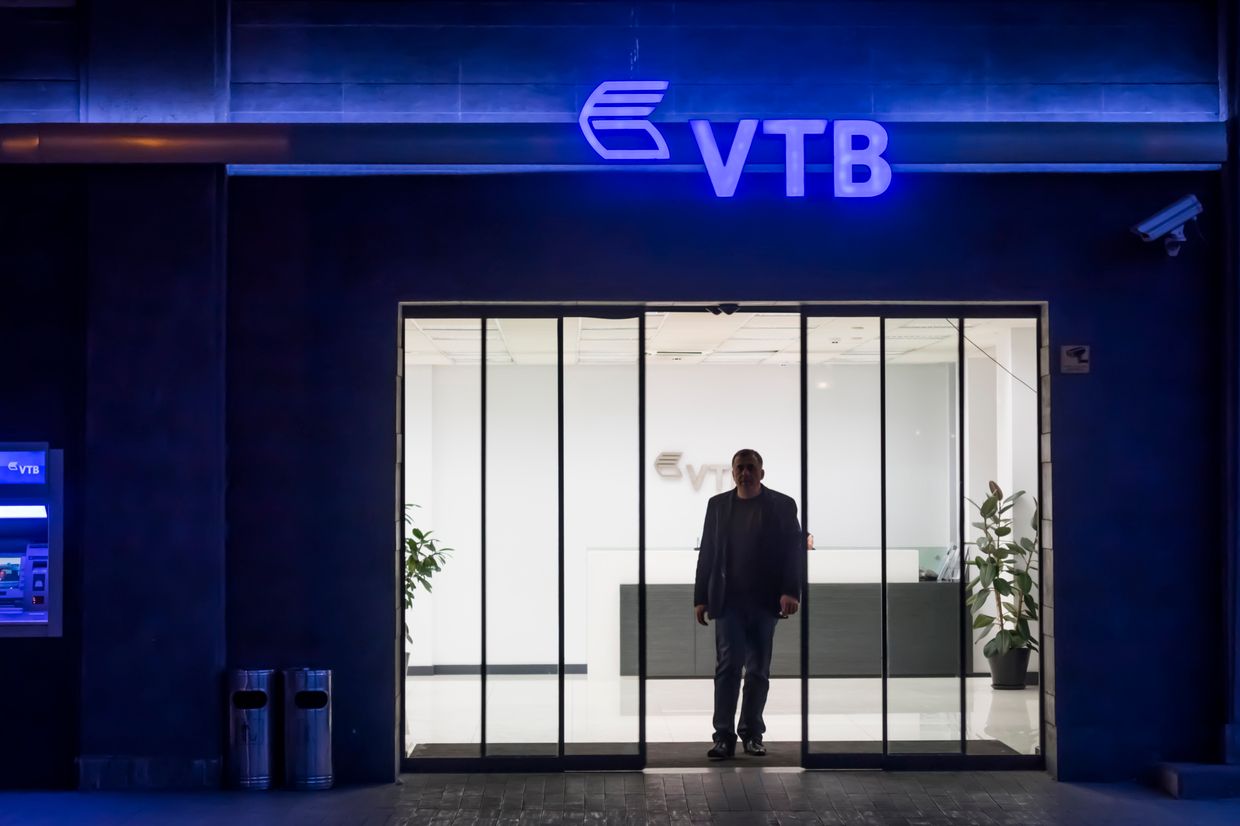
Russian media reported on July 24 that several top banks, including Raiffeisen, Gazprombank, VTB, and Alfabank, were experiencing outages. Social networks, payment systems on public transport, and some airlines were also reportedly impacted.
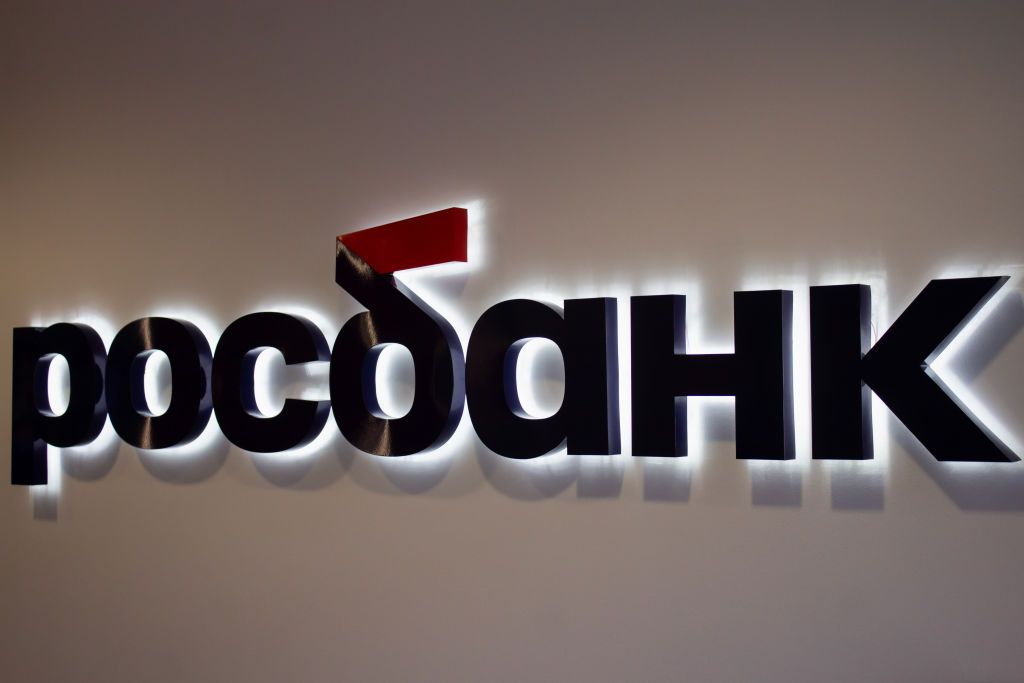
Earlier in the day, Russian media reported on outages from several top banks, including Raiffeisen, Gazprombank, Rosselkhozbank, and Rosbank. The outages also reportedly impacted social networks, payment systems on public transport, and some airlines.

The restrictions were imposed against Yuliya Pankratova and Denis Degtyarenko, the group's leader and a primary hacker, respectively.
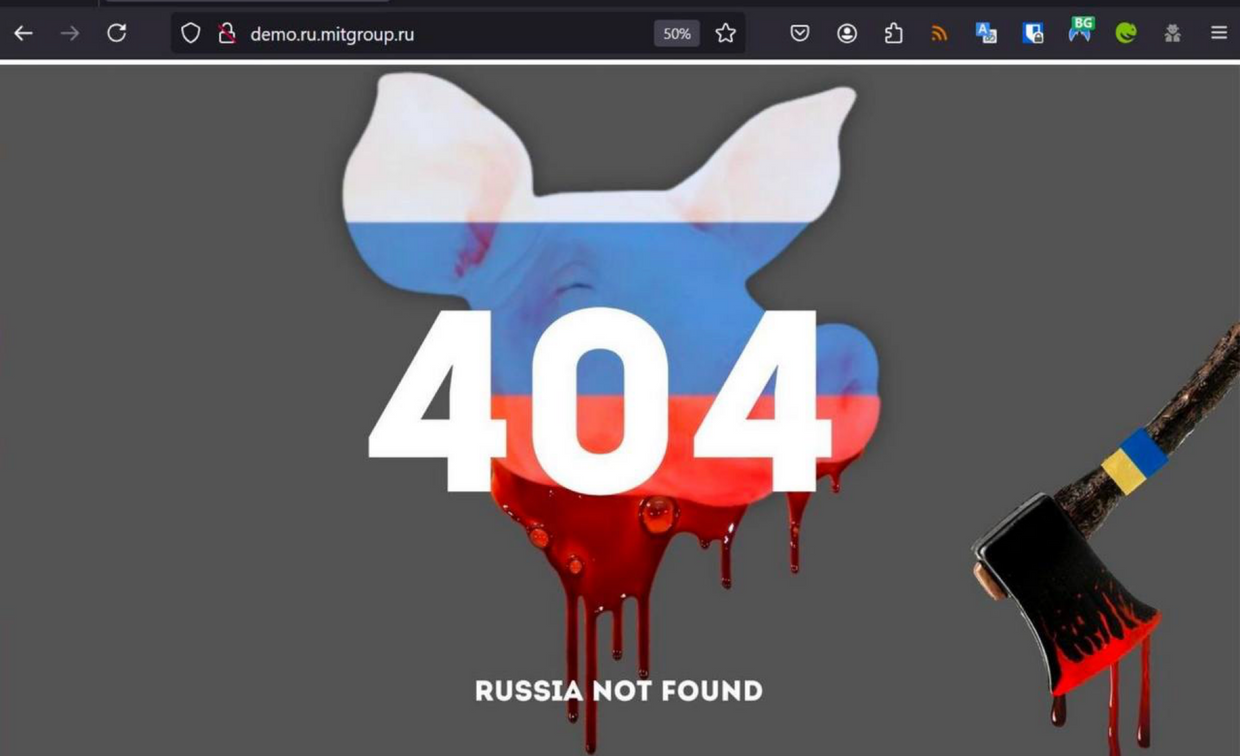
"The cyberattack was aimed at destroying internal information of companies that serve Russian public sector clients involved in the war against Ukraine," HUR said in a post on Telegram.
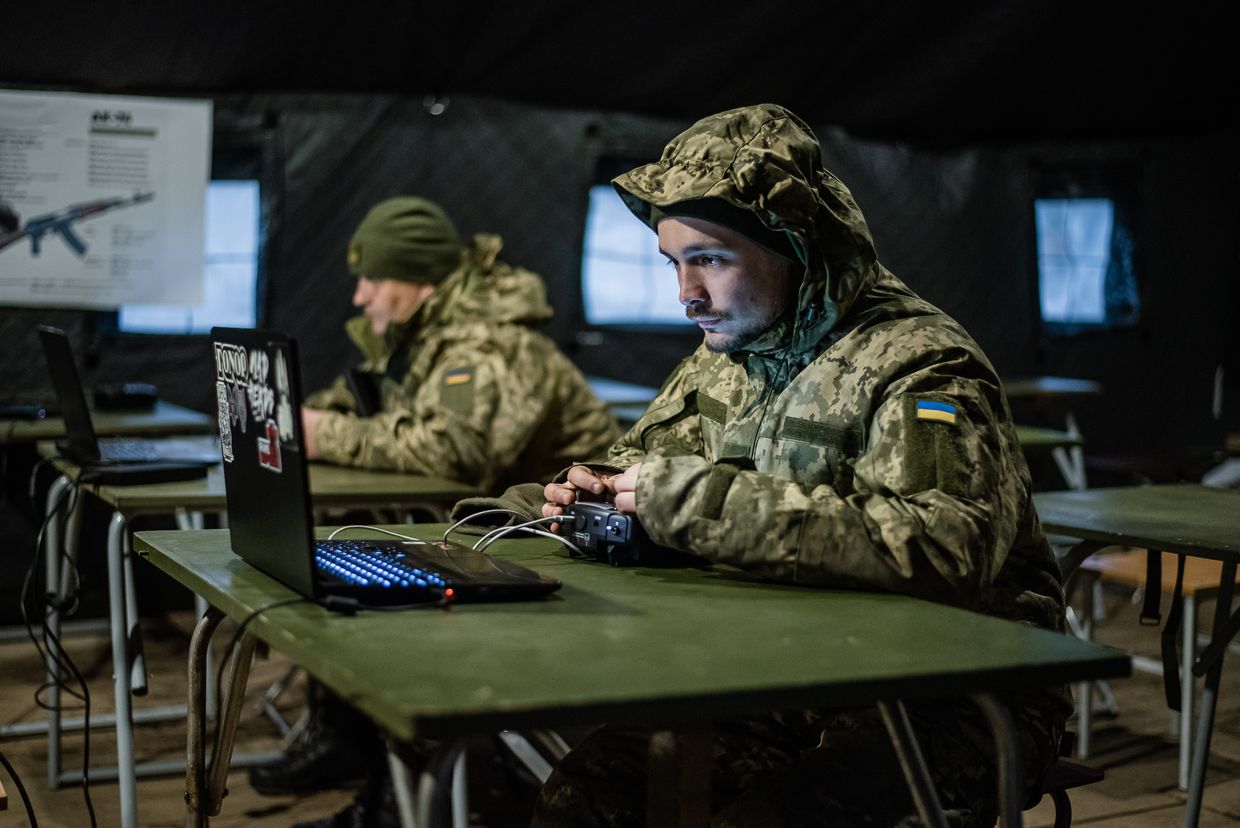
Over two years have passed since Russia's full-scale invasion of Ukraine, and the volunteer IT Army of Ukraine is more effective than ever. On June 20, 2024, the hacker group launched what they claimed to be the "largest DDoS attack in history" against Russia's banking system, crippling numerous banks and
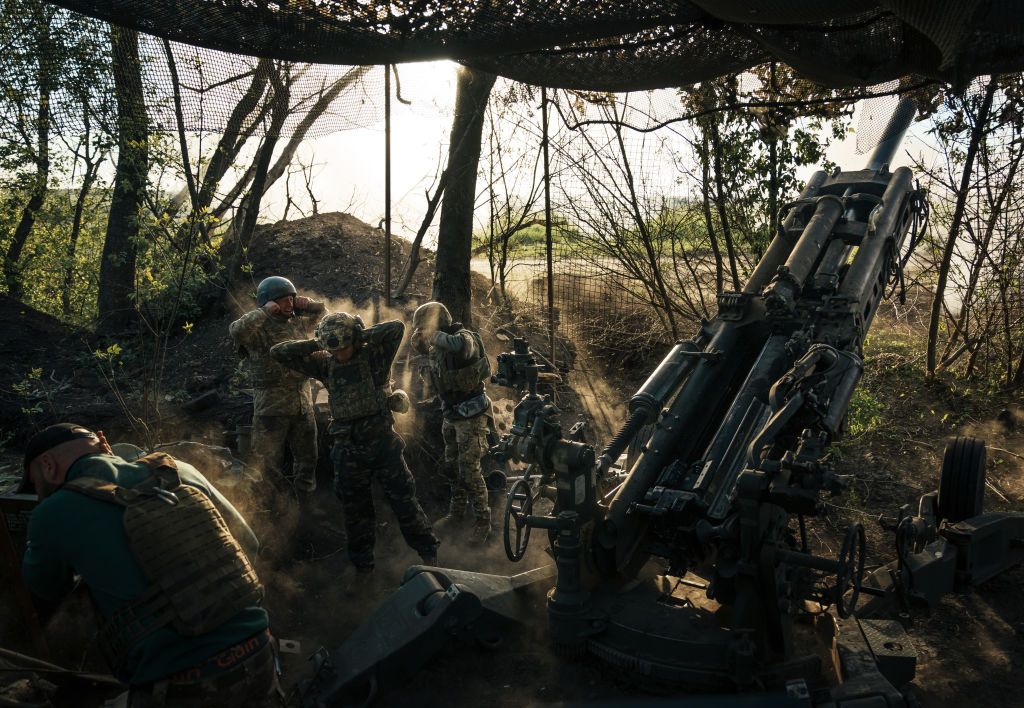
Key developments on July 1: * Zelensky says Russian casualties six times larger than those of Ukraine * Russia attempting new ways to attack Kyiv, military says * Document reveals why Russia keeps accidentally bombing itself, WP reports * Source: Ukrainian cyberattack leaves at least 250,000 consumers without connection in Russian-occupied territories * Ukraine
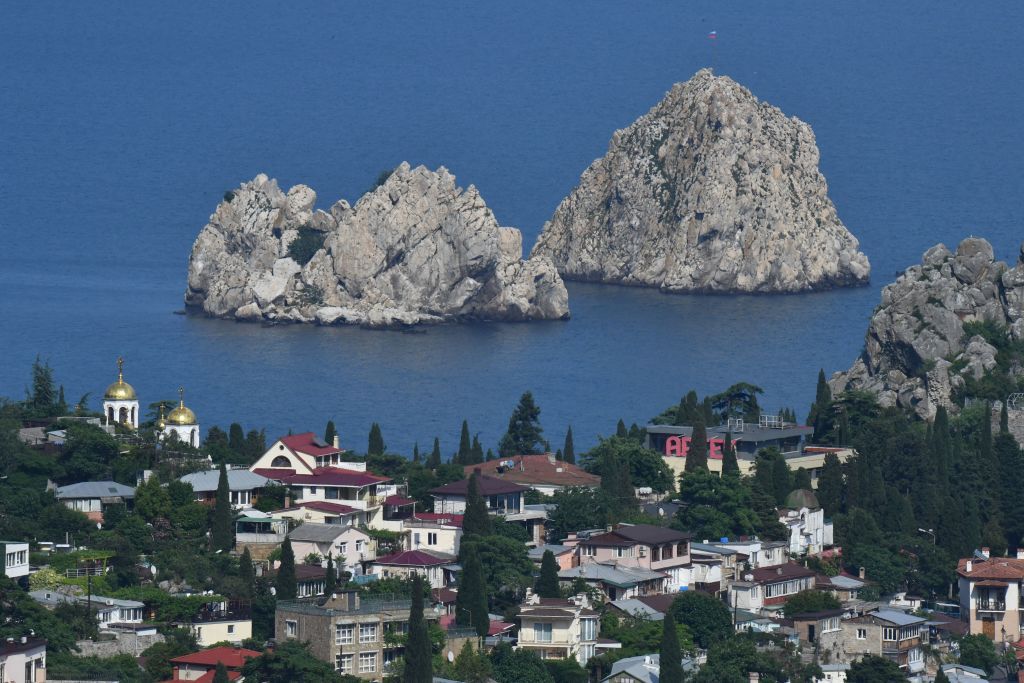
A May attack reportedly affected both the networks of consumers and the networks of operators that used the impacted infrastructure on Russian-occupied territories. Representatives of Russian providers call it "the most powerful DDoS attack they have ever experienced," a military intelligence source told the Kyiv Independent.

Ukrainian activists from the BO_Team cyber community, in collaboration with experts from Ukraine's Main Intelligence Directorate of the Ministry of Defense, have carried out a round of attacks on Russian companies backing the war against the Ukraine.
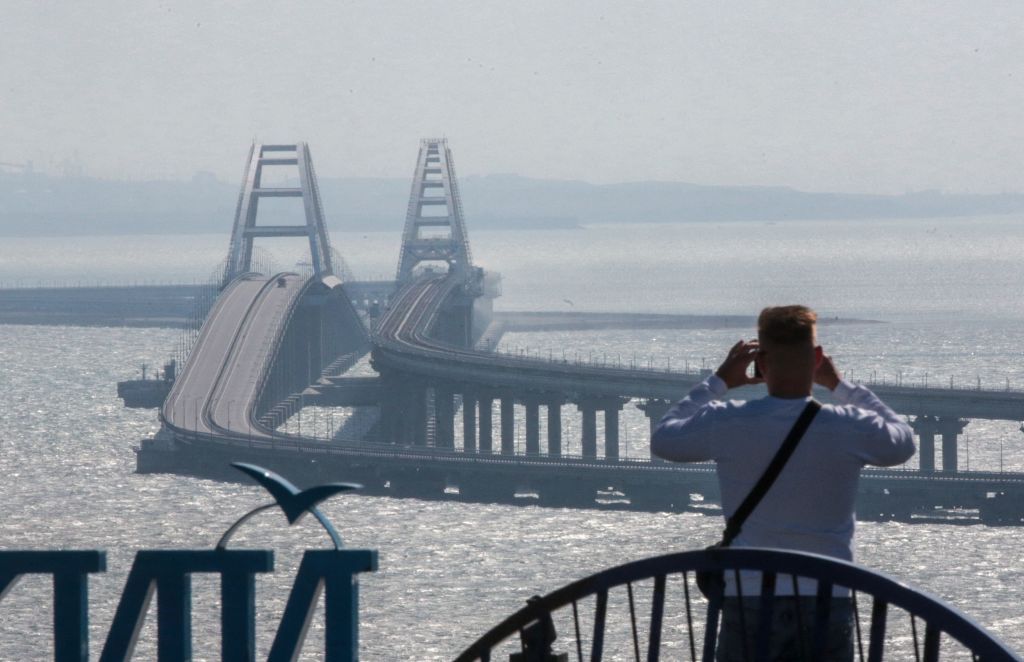
The attacks targeted the servers of propaganda media, telecom operators, and the system for registering and controlling traffic on the Kerch Bridge, according to the source.

Ukraine's military intelligence agency (HUR) carried out a cyberattack on several of Russia's largest Internet providers operating in Russian-occupied Crimea on June 26, a source in the agency confirmed to the Kyiv Independent.
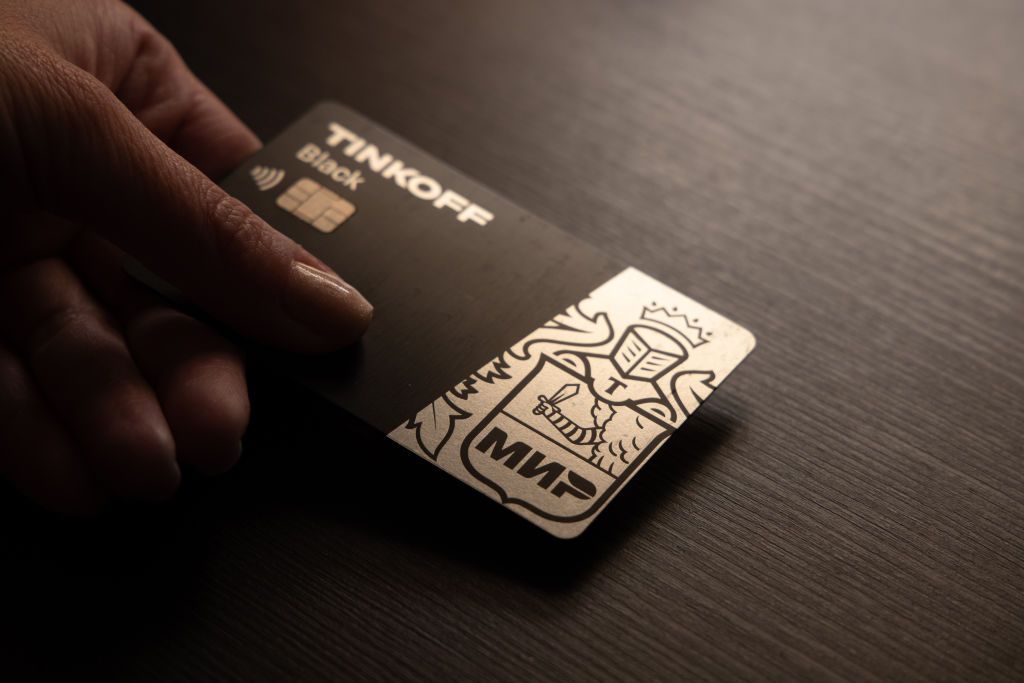
Ukraine's IT Army, a volunteer cyberwarfare group, said it had targeted Russian banks and Russia's Mir payment system on June 20, rendering a range of services "non-functional."
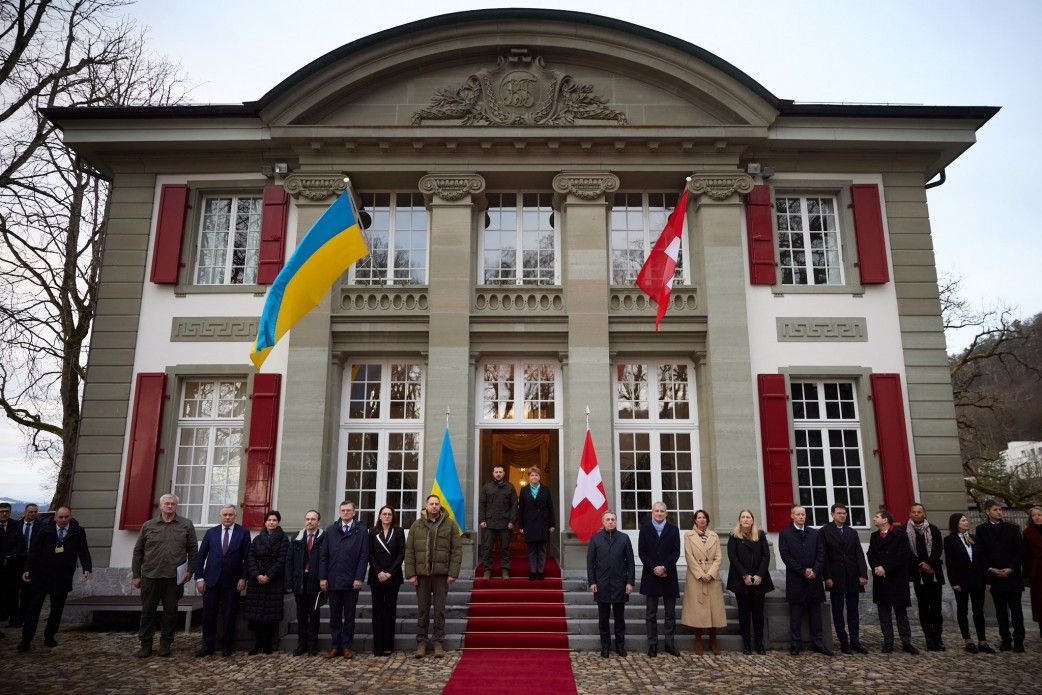
In the lead-up to the global summit on Ukraine's peace formula, Switzerland has experienced a rise in cyberattacks and disinformation, Swiss government representatives reported on June 10.

Ukraine's military intelligence agency (HUR) was behind a large-scale DDoS attack that "paralyzed" the work of several Russian ministries and companies, a source in the agency told the Kyiv Independent on June 5.
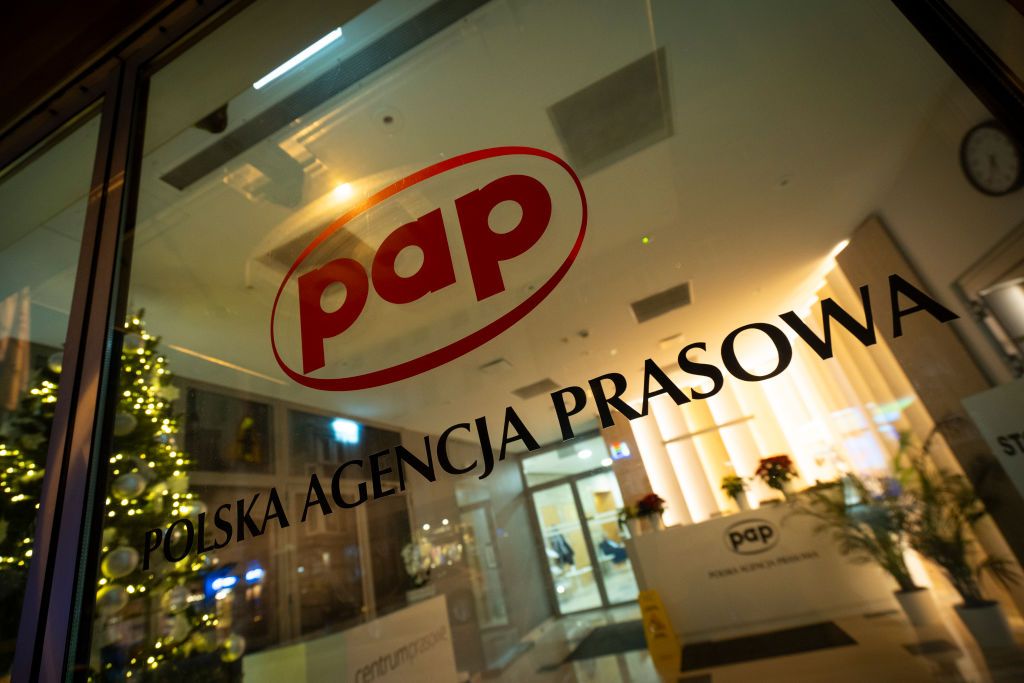
"Today, Poland is on the frontline of the cyber fight against Russia," Deputy Prime Minister Krzysztof Gawkowski said at a press conference on June 3.
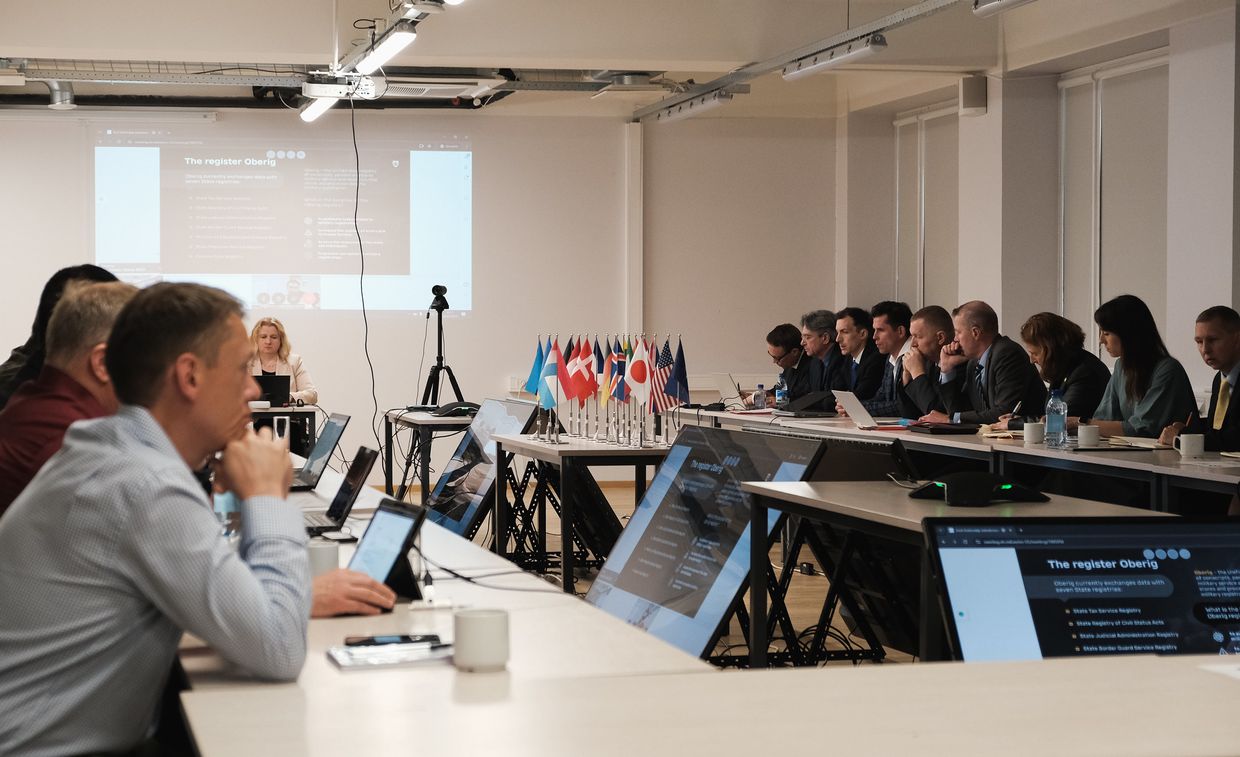
The IT Coalition for Ukraine, comprising 12 European nations, has raised a combined 58 million euros ($62.9 million) for Ukraine's IT and cybersecurity defense capabilities, Ukraine's Defense Ministry announced on May 31.

Earlier on May 31, messages appeared on the Polish Press Agency's website saying that Polish Prime Minister Donald Tusk had ordered a "partial mobilization" to begin on July 1.

The U.K., U.S., and Australia announced sanctions on the Russian leader of the cyber-crime gang, LockBit, the U.K.'s National Crime Agency (NCA) announced on May 7.

Based in Moscow, 1C Company is a software developer, distributor and publisher best known for its widely used business software.

The latest cyberattack was reportedly directly attributed to the Chinese state, according to Sky News. It targeted the payroll system of defense ministry employees and resulted in the breach of an unspecified amount of personal data.

"The foreign minister (Annalena Baerbock) has recalled Ambassador (Alexander) Graf Lambsdorff to Berlin for consultations," where he will remain for one week before returning back to Moscow, the spokesperson said.
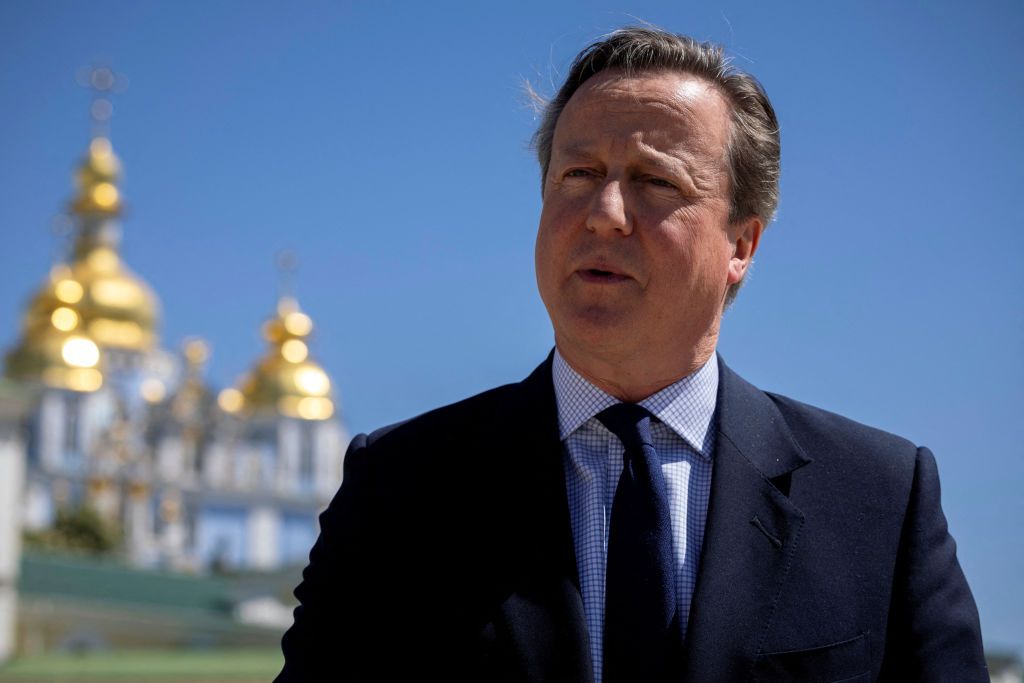
Key updates on May 3: * Ukraine may use British weapons to strike targets inside Russia, Cameron says * Military intelligence general: Chasiv Yar's fall probably a matter of time * Military intelligence carries out cyberattack in Russia's Tatarstan * Commander: Russia aims to completely occupy 3 oblasts in 2024 * Media: Italy to give
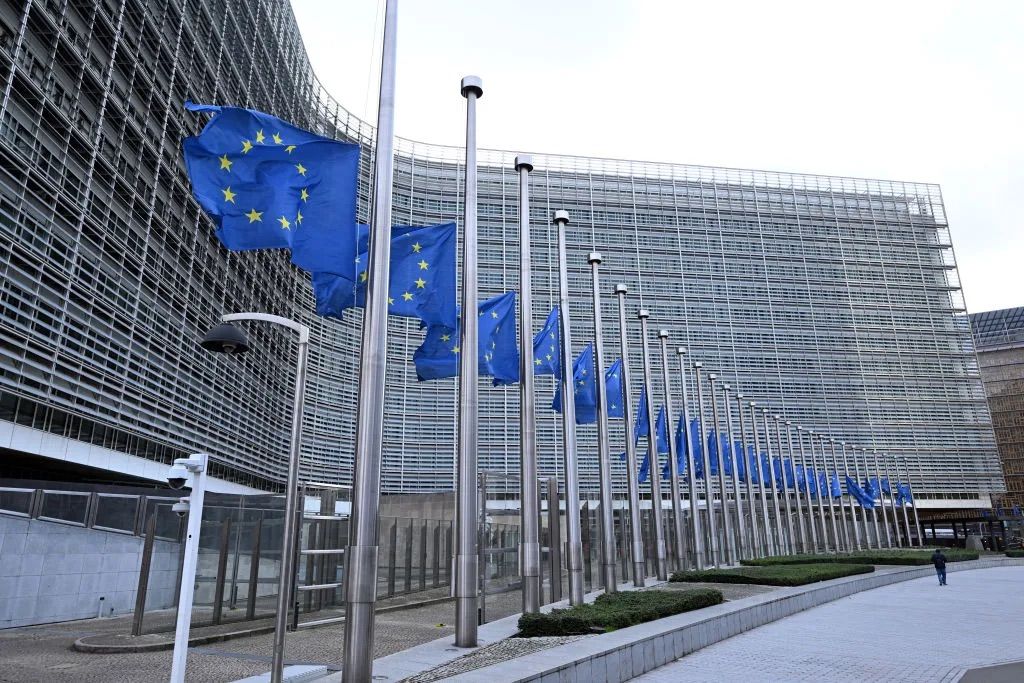
"This type of behavior is contrary to the UN norms of responsible state behavior in cyberspace, such as impairing the use and operation of critical infrastructure," the European Council said.
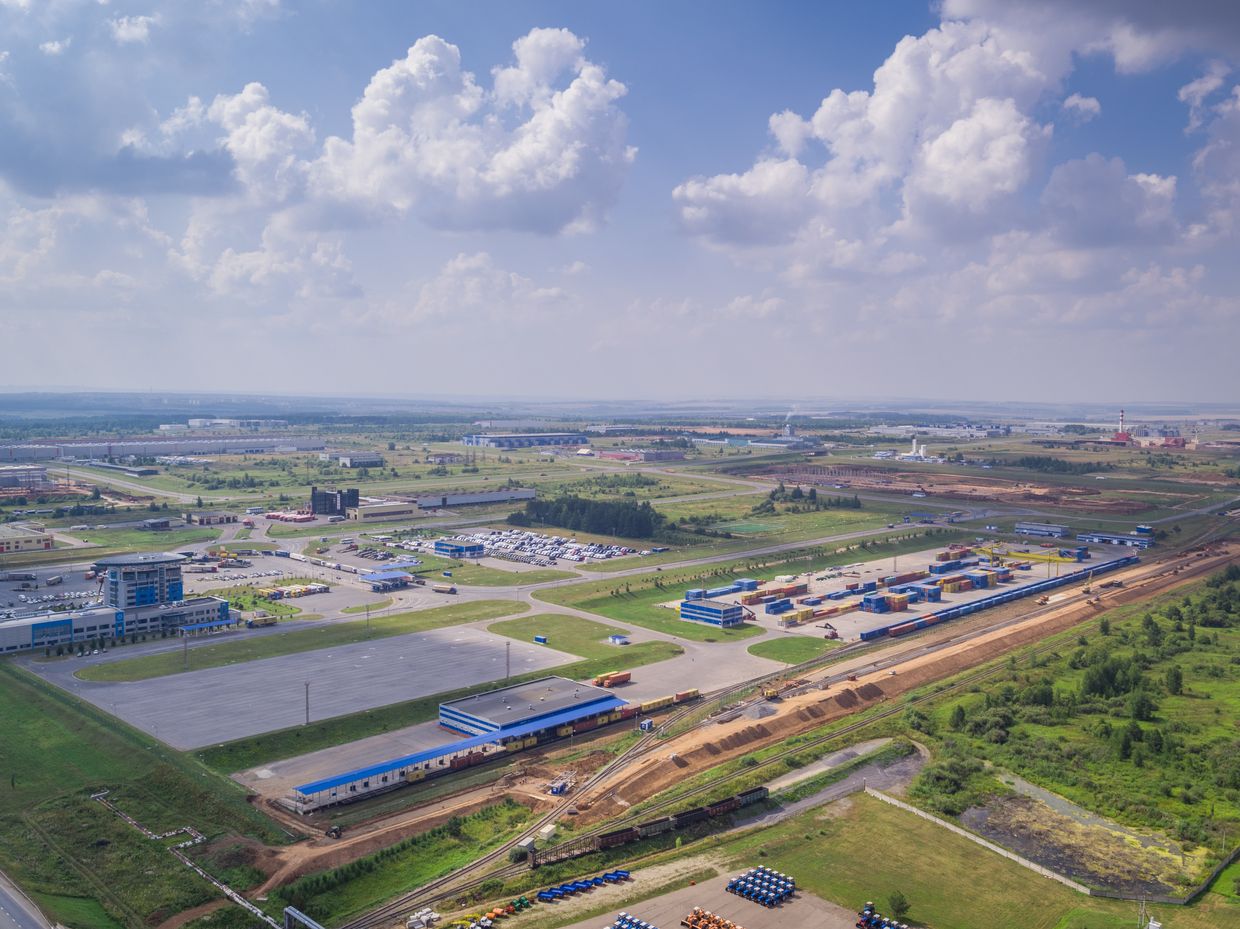
The attack reportedly targeted internet providers and mobile operators in the Russian republic.

Speaking at a press conference in Australia, German Foreign Minister Annalena Baerbock said that the investigation into the incident has concluded and pointed to Russia as the culprit.

Hackers targeted Ukraine's largest mobile-only bank, Monobank, with a powerful denial of service (DDoS) attack on May 2, the company's co-founder and CEO Oleh Horokhovskyi reported.
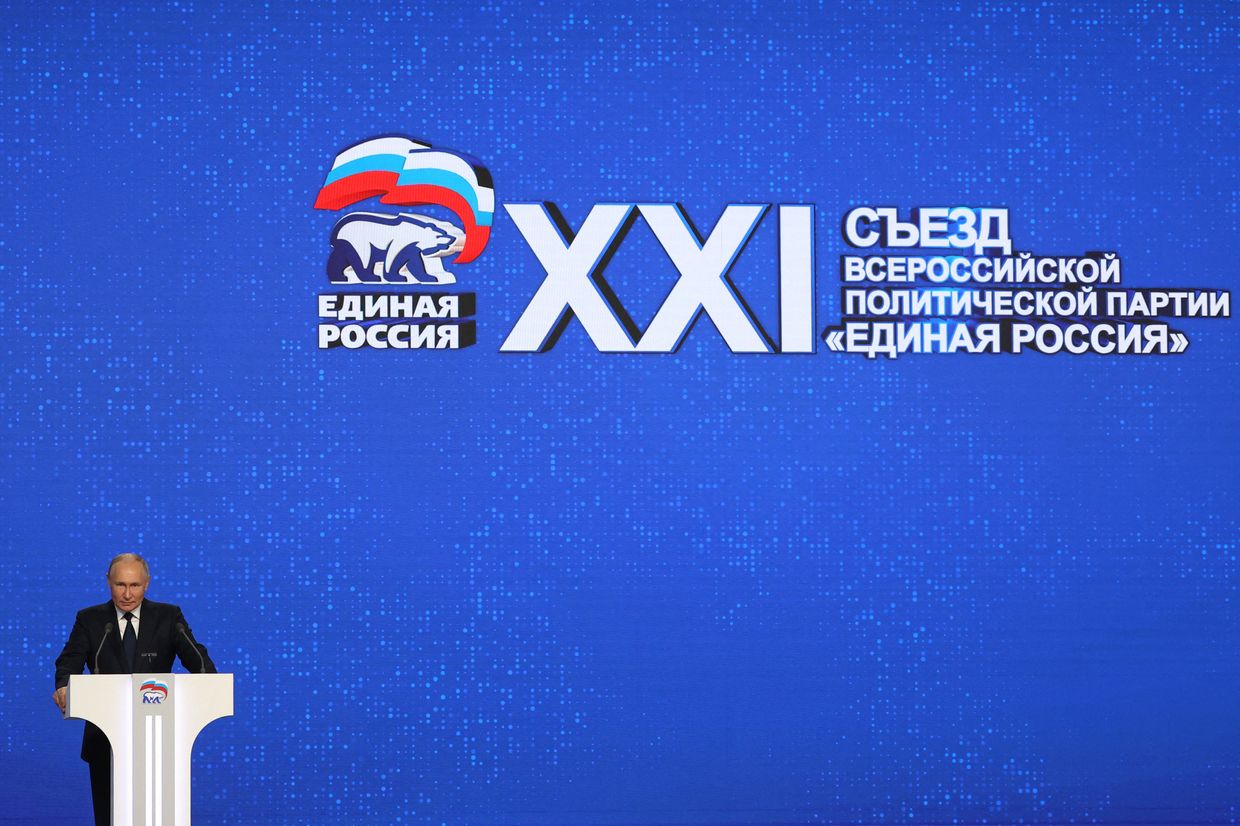
United Russia claimed earlier in the day that its electronic services were under large-scale DDoS attacks.



